ERP-Integration: So verbinden Sie alle Geschäftsprozesse
In der heutigen schnelllebigen Geschäftswelt ist die nahtlose Verbindung aller Unternehmensbereiche nicht länger ein Luxus, sondern eine absolute Notwendigkeit. Stellen Sie sich vor, Ihre Vertriebs-, Produktions-, Finanz- und Kundendienstabteilungen arbeiten nicht nur nebeneinander, sondern Hand in...



